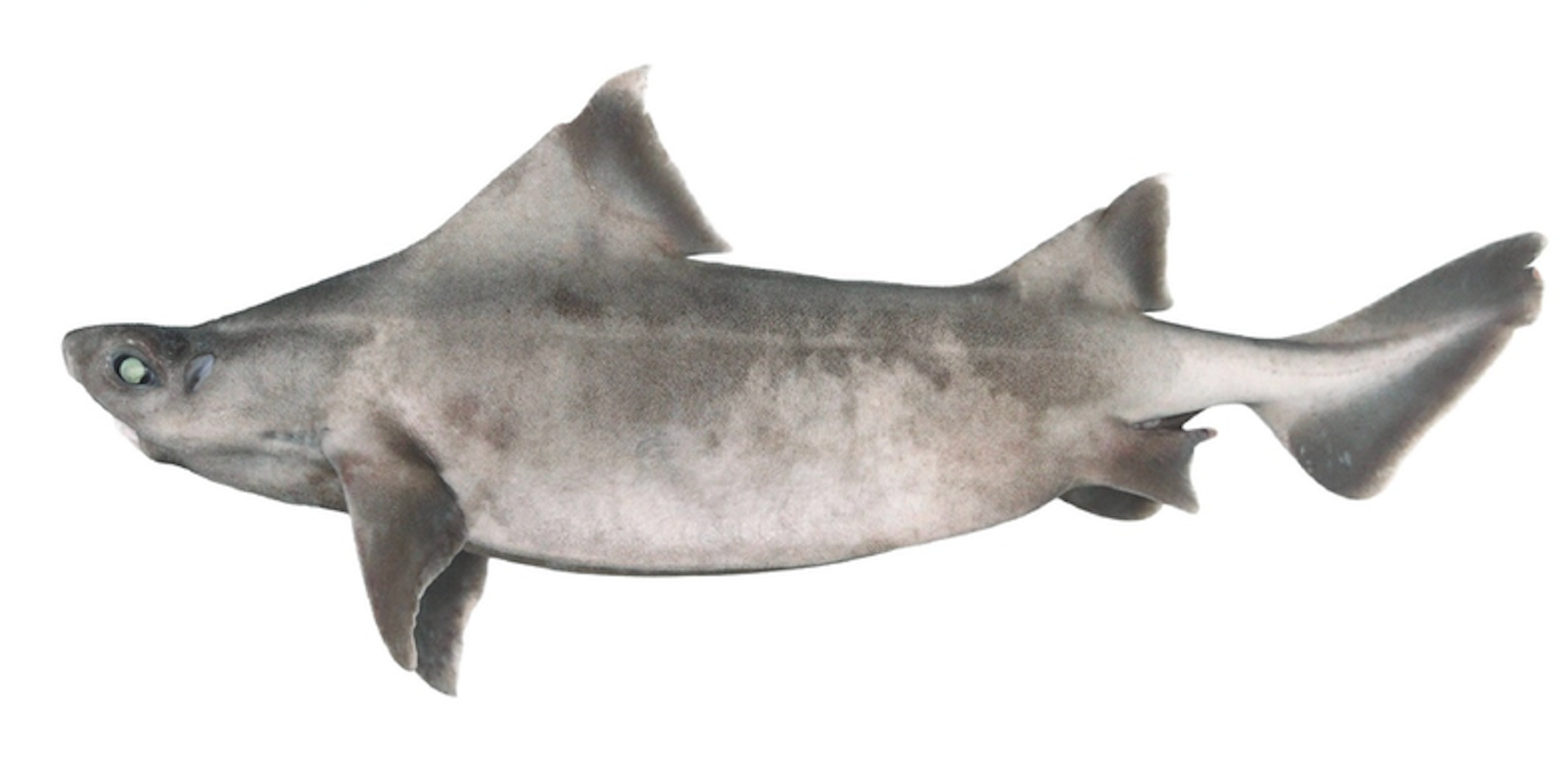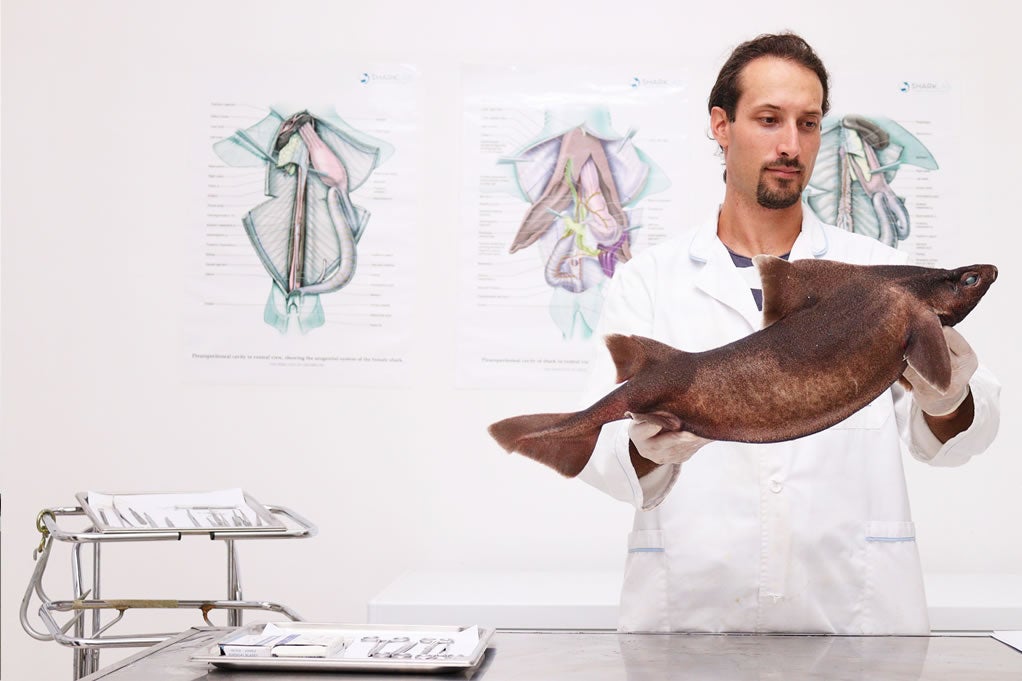First-of-its-kind deep-sea ‘ghost’ shark with rare genetic disorder caught
Rare angular rough shark caught off Albanian coast
Your support helps us to tell the story
From reproductive rights to climate change to Big Tech, The Independent is on the ground when the story is developing. Whether it's investigating the financials of Elon Musk's pro-Trump PAC or producing our latest documentary, 'The A Word', which shines a light on the American women fighting for reproductive rights, we know how important it is to parse out the facts from the messaging.
At such a critical moment in US history, we need reporters on the ground. Your donation allows us to keep sending journalists to speak to both sides of the story.
The Independent is trusted by Americans across the entire political spectrum. And unlike many other quality news outlets, we choose not to lock Americans out of our reporting and analysis with paywalls. We believe quality journalism should be available to everyone, paid for by those who can afford it.
Your support makes all the difference.Scientists have spotted a deep-sea “ghost” white shark with a rare genetic disorder, shedding light on how such abnormalities affect endangered marine species living near the sea floor.
They caught the critically endangered angular rough shark, Oxynotus centrina, with abnormal colouration off Albania’s coast.
The angular rough shark is typically dark grey-brown or black all over with some dark patches on the head and sides to help it blend into the dark deep-sea environment.
The shark is found on the outer shelves and upper slopes of the eastern Atlantic Ocean, reaching depths of upto 1300m.
Adults of the species can be recognised by their compressed body, “very rough skin”, “sail-shaped dorsal fins”, and typically “darker colouration”.
The shark caught off Albania, described in a study in the Journal of Fish Biology, has less pigmentation, resulting in overall pale appearance along with “white-greyish” patches. The pigmentation in the eyes is normal, however.
This is contrary to albinism, a condition which leaves animals without any pigmentation and with red irises.

The scientists consider the shark a case of leucism, a rare genetic disorder that affects melanin production.
In leucistic sharks, the iris pigmentation is normal even when the rest of the body appears completely white.
“This represents the first documented case of leucism in this species and the first colour disorder reported in the family Oxynotidae,” the study says.
In many species, the lack of pigmentation can make individuals stand out to both predators and prey, reducing their chances of survival.
This is especially so in the deep sea where light is so scattered there is nearly nothing left to detect.
However, this rare shark caught off Albania’s coast appeared unaffected by its strange appearance.

The health parameters of the rare shark compared with another individual found in the same area also showed no differences.
“Full morphometric characteristics are presented and compared with those of a normal individual of the same sex caught in the same area, showing no differences,” the study noted.
This suggests pigment disorders in deep-sea sharks may not necessarily impair their survival and growth, scientists said.

Join our commenting forum
Join thought-provoking conversations, follow other Independent readers and see their replies
Comments